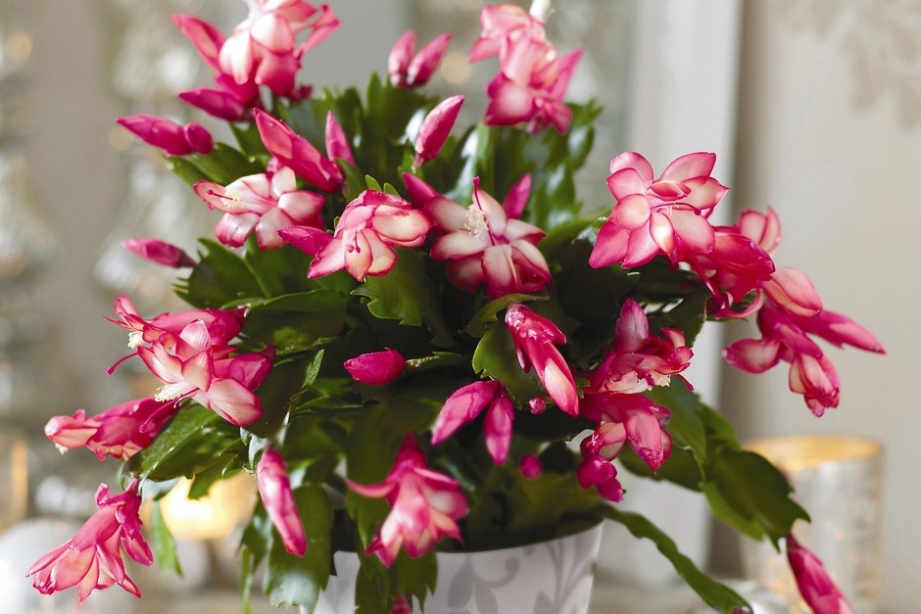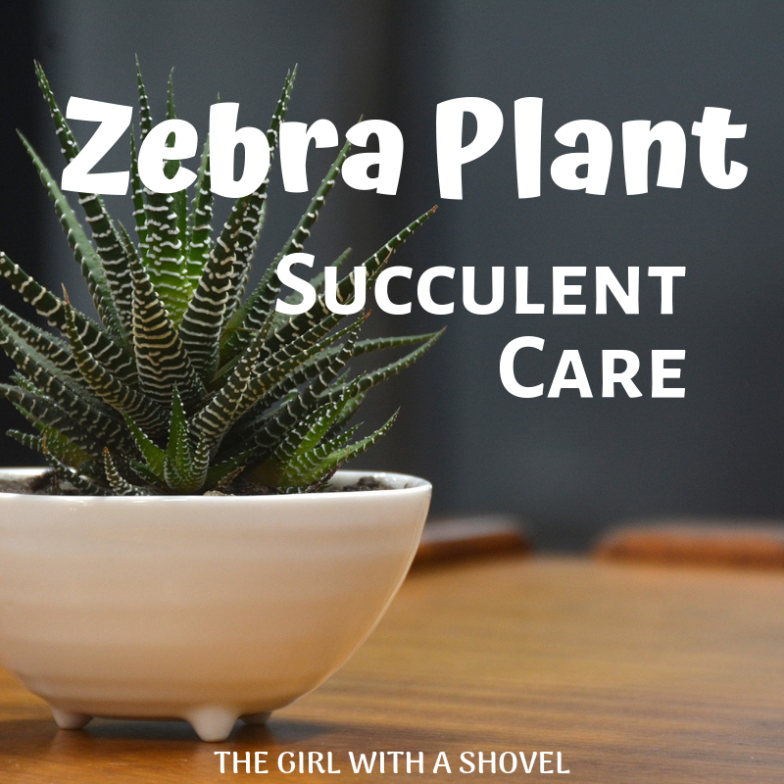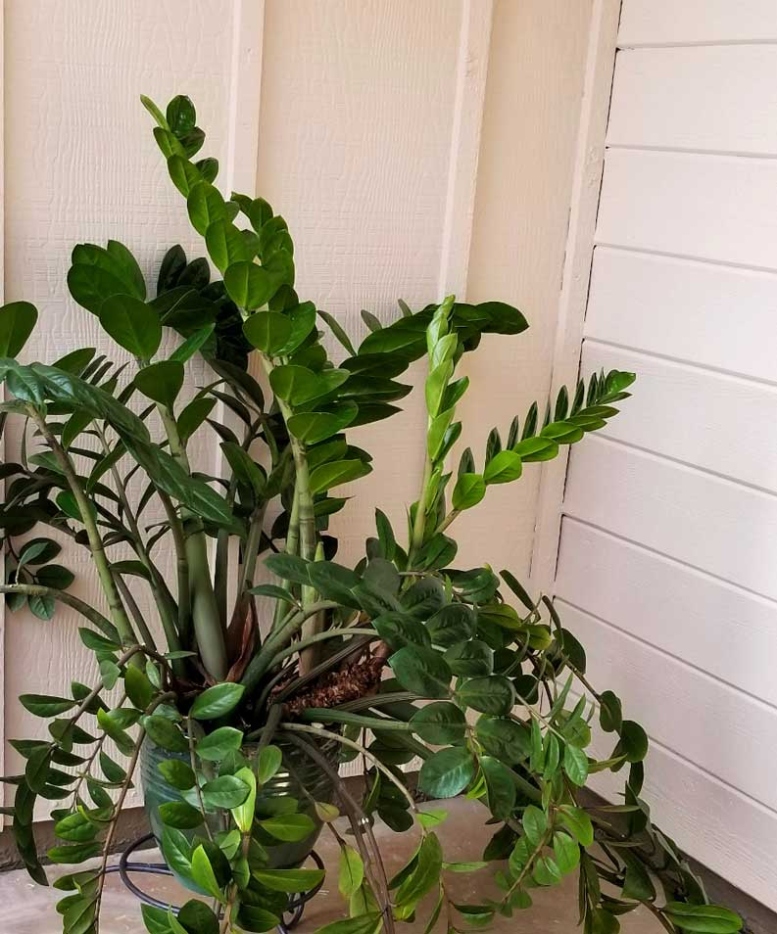How to Apply Neem Oil to Plants
What do you mean by applying neem oil to plants?
Applying neem oil to plants is a natural and effective way to protect them from pests and diseases. Neem oil is derived from the seeds of the neem tree and has been used for centuries in traditional medicine and agriculture. It contains compounds that have insecticidal, fungicidal, and antibacterial properties, making it a versatile and eco-friendly solution for plant Care.
How can you apply neem oil to plants?
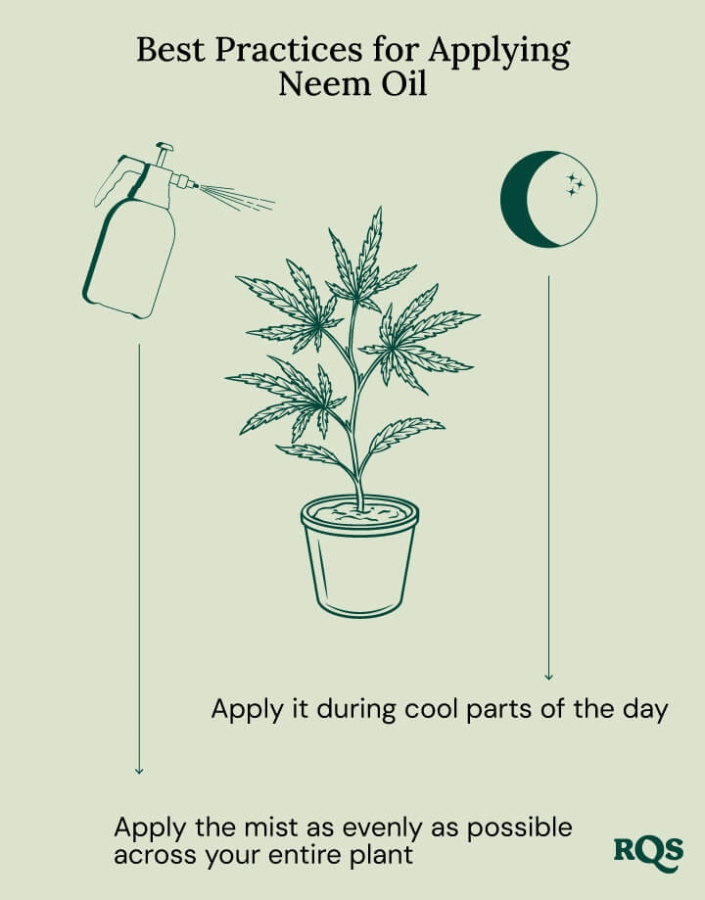
Image Source: royalqueenseeds.com
There are several ways to apply neem oil to plants, depending on the type of plant and the issue you are trying to address. One common method is to dilute the neem oil with water and spray it onto the leaves and stems of the plant using a spray bottle. You can also mix neem oil with a carrier oil, such as coconut or olive oil, and apply it directly to the soil around the plant’s roots. Additionally, you can add neem oil to your regular watering routine to help prevent pests and diseases.
What is known about the benefits of neem oil for plants?
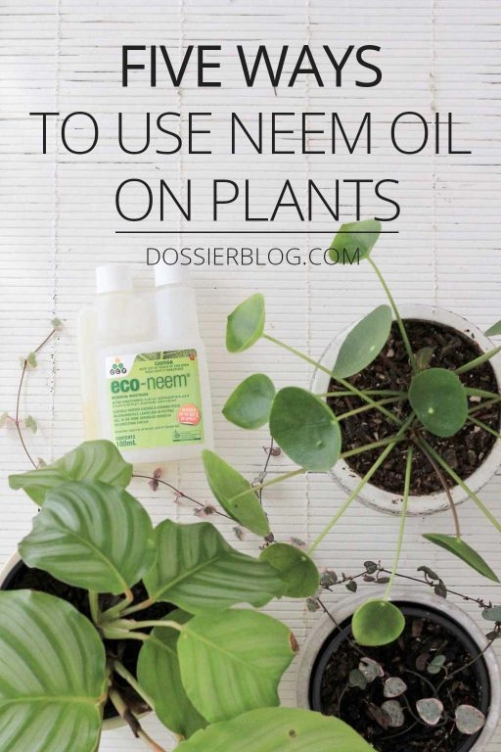
Image Source: dossierblog.com
Neem oil has many benefits for plants, including its ability to repel and kill a wide range of pests, such as aphids, mites, and caterpillars. It also has antifungal properties that can help prevent and treat common plant diseases, such as powdery mildew and black spot. In addition, neem oil is safe to use around beneficial insects, such as bees and ladybugs, making it a great choice for organic gardeners.
What is the solution for using neem oil on plants?
When using neem oil on plants, it is important to follow the instructions on the product label carefully. Neem oil can be toxic to some plants, especially if applied in high concentrations or during hot weather. It is best to test a small area of the plant before applying neem oil to the entire plant, to ensure that it does not cause any damage. Additionally, it is important to reapply neem oil regularly to maintain its effectiveness against pests and diseases.
Information on applying neem oil to plants
Neem oil can be purchased at most garden centers and online retailers. It is available in concentrated form, which can be diluted with water or carrier oils before use. When applying neem oil to plants, be sure to cover all surfaces of the plant, including the undersides of leaves and stems, where pests are most likely to hide. It is best to apply neem oil in the early morning or evening, when the sun is less intense, to prevent leaf burn.
How to apply neem oil to different types of plants
Neem oil can be safely applied to a wide variety of plants, including vegetables, fruits, flowers, and ornamental plants. However, some plants may be more sensitive to neem oil than others, so it is important to test a small area of the plant before applying neem oil to the entire plant. In general, neem oil is safe to use on most plants, but it is always best to do your research and consult with a gardening expert if you are unsure.
How neem oil can improve plant health
Neem oil can improve plant health in several ways, including by preventing pest infestations, reducing the spread of diseases, and promoting overall growth and vitality. By using neem oil regularly on your plants, you can create a healthy and thriving garden that is free from common pest and disease problems. Neem oil is a sustainable and eco-friendly option for plant care that can benefit both your garden and the environment.
How to make your own neem oil spray
If you prefer to make your own neem oil spray at Home, you can do so by mixing neem oil with water and a small amount of liquid soap. Simply combine one teaspoon of neem oil, one teaspoon of liquid soap, and one quart of water in a spray bottle, and shake well to mix. This homemade neem oil spray can be used on plants to help control pests and diseases, without the need for harsh chemicals or synthetic pesticides.
How neem oil can be used as a natural pesticide
Neem oil is a natural pesticide that can be used to control a wide range of pests, including insects, mites, and fungal pathogens. Its insecticidal properties make it an effective alternative to chemical pesticides, which can be harmful to beneficial insects and the environment. By using neem oil as a natural pesticide on your plants, you can protect them from damage while promoting a healthy and balanced ecosystem in your garden.
How to apply neem oil to plants for maximum effectiveness
To ensure maximum effectiveness when applying neem oil to plants, it is important to use the correct concentration and application method. Always follow the instructions on the product label and test a small area of the plant before applying neem oil to the entire plant. Additionally, be sure to reapply neem oil regularly, especially after rainfall or irrigation, to maintain its protective effects against pests and diseases. By following these guidelines, you can use neem oil to keep your plants healthy and thriving throughout the growing season.
Conclusion
Applying neem oil to plants is a natural and effective way to protect them from pests and diseases, while promoting overall health and vitality. By following the proper instructions and guidelines for using neem oil, you can create a healthy and thriving garden that is free from common pest and disease problems. Neem oil is a sustainable and eco-friendly option for plant care that can benefit both your garden and the environment.
FAQs
1. Can neem oil be used on all types of plants?
Neem oil can be safely used on most types of plants, but it is always best to test a small area of the plant before applying it to the entire plant.
2. Is neem oil safe for beneficial insects?
Yes, neem oil is safe to use around beneficial insects, such as bees and ladybugs, making it a great choice for organic gardeners.
3. How often should neem oil be applied to plants?
Neem oil should be reapplied regularly, especially after rainfall or irrigation, to ensure maximum effectiveness against pests and diseases.
4. Can neem oil be used as a natural pesticide?
Yes, neem oil can be used as a natural pesticide to control a wide range of pests, while promoting a healthy and balanced ecosystem in your garden.
5. What are the benefits of using neem oil on plants?
The benefits of using neem oil on plants include repelling and killing pests, preventing diseases, and promoting overall plant health and vitality.
6. How can neem oil be made at home?
Neem oil can be made at home by mixing neem oil with water and a small amount of liquid soap, to create a homemade neem oil spray for plant care.
7. What is the best time to apply neem oil to plants?
The best time to apply neem oil to plants is in the early morning or evening, when the sun is less intense, to prevent leaf burn.
how to apply neem oil to plants







